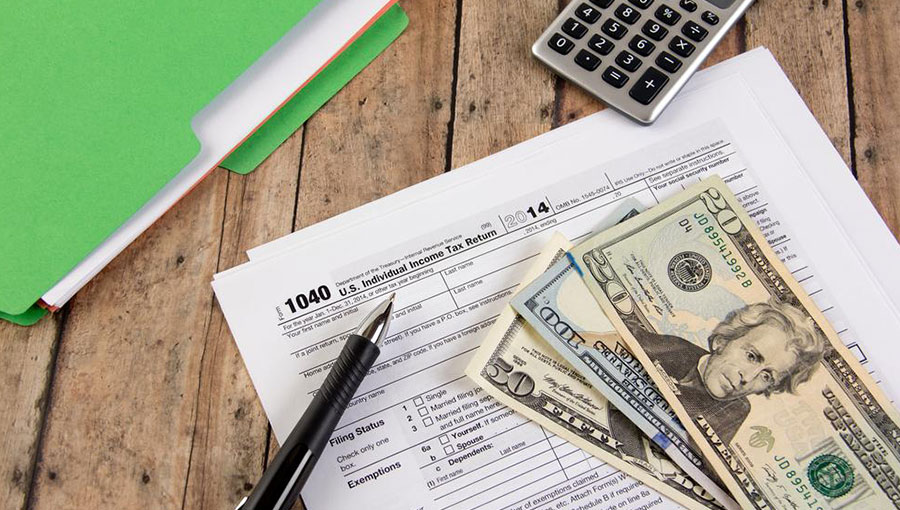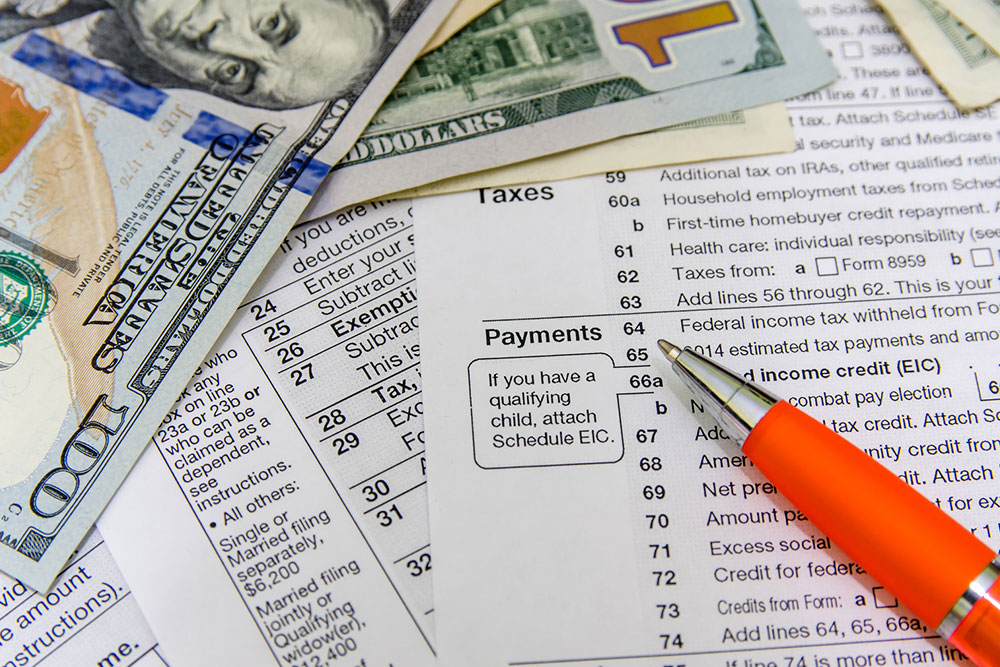Key Factors Influencing Your Estate Tax Calculation
This article explores the essential factors influencing estate tax calculation, including debts, charitable donations, transfers to spouses, property value, and exemption limits. Understanding these key aspects helps individuals plan effectively to minimize estate taxes and ensure smooth transfer of assets. Early planning is recommended to optimize tax liabilities and secure assets for future generations.

Key Factors Influencing Your Estate Tax Calculation
Planning for estate taxes can seem daunting initially, especially if you're unfamiliar with tax terminology. However, once you grasp the core concepts, it becomes straightforward and lasting.
Explore this guide to understand the top 10 elements that impact the size of your taxable estate.
Outstanding Debts and Expenses
Your debts—covering mortgages, personal loans, or credit card balances—are deducted from your gross estate to determine the taxable amount. Additionally, funeral costs, medical bills, and legal fees are also subtracted from the total estate value.
Gifts to Charities and Donations
Although not everyone opts for charitable giving, donating part of your wealth can reduce estate taxes. For each dollar donated to qualified organizations, that amount is subtracted from your taxable estate. Donations include gifts, property donations, or assets assigned to charitable trusts.
Transfers to Spouse
The estate tax law allows an unlimited marital deduction for transfers to a surviving spouse who is a U.S. citizen. Select the ‘Married’ option in estate planning tools to ensure seamless transfers; choosing ‘Single’ restricts this benefit. While this reduces current tax burden, it may cause higher estate taxes later.
Lifetime Gift Exemption
Recall any large gifts you’ve given during your lifetime. Gifts over $10,000 (excluding those to spouses or charities) may qualify for exemption. As of 2018, individuals can gift up to $15,000 annually, with a total exemption of $30,000 for married couples. This amount adjusts annually for inflation.
Value of Real Estate and Properties
To estimate estate taxes accurately, provide current market values of all real estate—primary residence, secondary homes, rental properties, undeveloped land, and commercial holdings.
Vehicles and Automobiles
Include the total value of all owned vehicles, including cars, RVs, boats, and campers, in your estate tax calculations.
Jewelry and Gems
Gather the current appraised value of all jewelry, gold, and precious stones. If these have appreciated over time, ensure you report their latest values.
Retirement and Savings Accounts
List the balances of all savings accounts and retirement funds to obtain a precise estate tax estimate.
Stocks and Bonds
Include the total value of stocks, bonds, treasury securities, and municipal bonds you own for accurate taxation calculations.
Federal Estate Tax Exemption
The federal exemption amount, which is tax-free, varies based on legislation. For 2018, it was $11.18 million, up from $5.49 million in previous years. Future adjustments are expected tied to inflation, potentially increasing exemption limits.
How to Calculate Net Estate and Taxes
Determine your gross estate value, then subtract debts, expenses, and exemptions to find the net estate. The estate tax rate, often around 40%, is applied to this net amount. Preparation and accurate data collection are essential for effective estate planning. Start early to avoid last-minute concerns.










